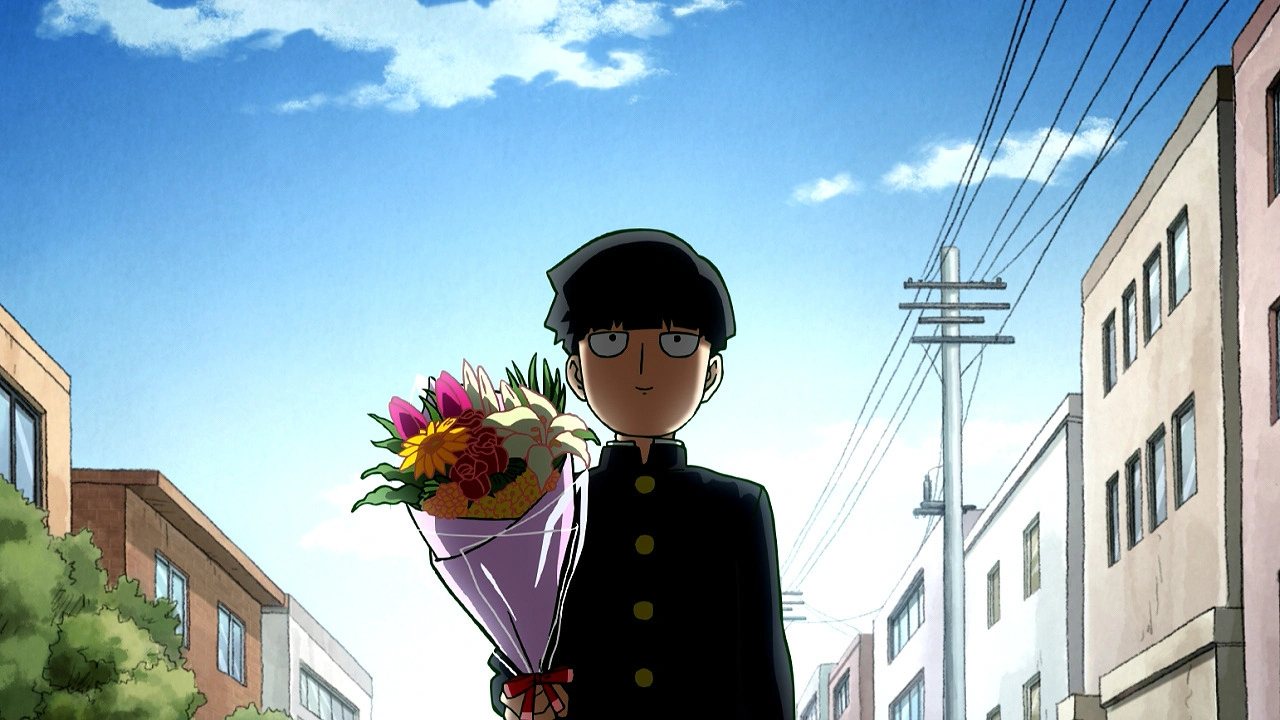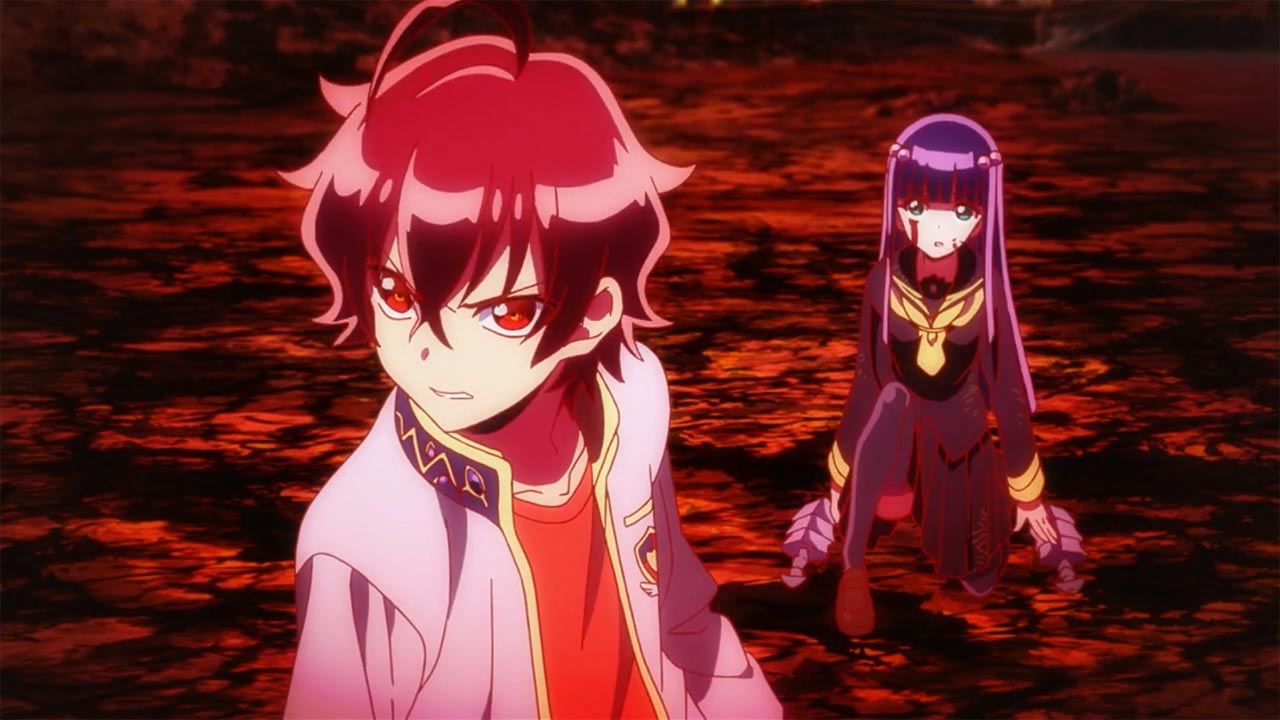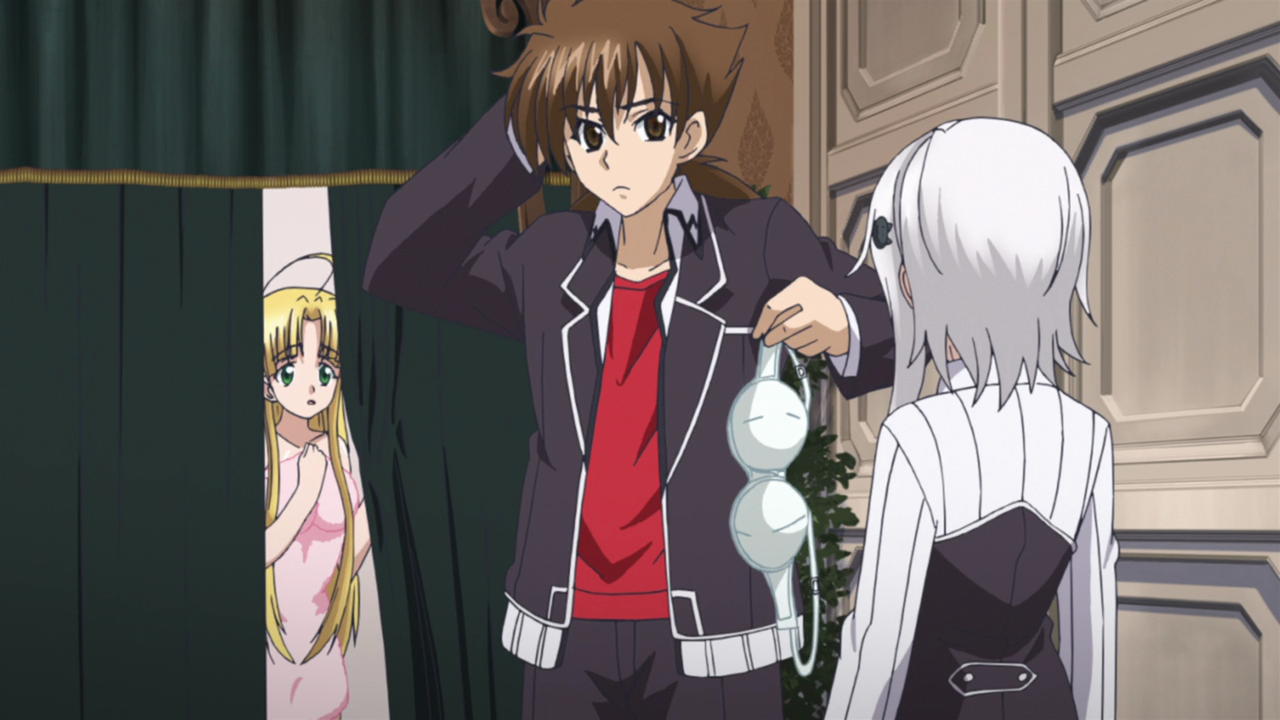A Tokyo-based anime studio is under fire after a group of former interns filed a lawsuit, accusing the company of exploiting their labor without proper compensation. The interns claim they worked 10-hour shifts doing in-between animation and clean-up work, only to be rewarded with stickers, signed posters, and sometimes lunch coupons. The case has reignited concerns about labor abuse within the anime industry, particularly at understaffed, low-budget studios.
The lawsuit, reported by The Asahi Shimbun, claims the studio violated labor laws by misclassifying workers and not paying minimum wage. The plaintiffs allege they were told the internship would lead to full-time jobs, only to be overworked and discarded once their contracts expired. Legal experts say this case may open the floodgates for similar suits in the industry.
Interns Speak Out About Toxic Conditions

Several plaintiffs shared their experiences anonymously, citing grueling work hours, verbal abuse, and complete lack of financial support. “We were treated as disposable,” one intern said. “They knew we were passionate about anime, and they used that against us.” Critics argue that this exploitation thrives because the anime industry markets itself as a passion project rather than a profession with labor protections.
Social media has amplified outrage. On platforms like X (formerly Twitter), artists and animators have come forward with similar experiences. Some say they were even threatened with blacklisting if they spoke out. The phrase “#PayYourAnimators” has started trending again, echoing a movement that gained momentum after earlier reports on low wages and burnout.
Studios Defend Practice as ‘Industry Norm’

In response to the backlash, the accused studio released a statement defending its internship program, claiming it was “designed to nurture emerging talent” and that “no legal employment contracts were breached.” However, labor watchdog groups like the Japan Federation of Animation Workers argue that these unpaid internships often cross ethical and legal boundaries, especially when they involve essential production work.
According to a recent report by NHK, over 60% of anime studios admit to relying on unpaid or minimally compensated interns. While many studios blame budget constraints, critics say this model only benefits management while overburdening the next generation of animators.
A Systemic Problem Comes to Light

This case is part of a broader reckoning within the anime world. As global demand for anime increases, so do concerns over how the labor powering that demand is treated. Some studios have begun offering fair pay and benefits, but many small companies continue to rely on unpaid passion work to stay afloat.
Legal experts and activists are calling for stricter enforcement of labor laws and greater transparency in studio hiring practices. Whether this lawsuit sets a new precedent or fades quietly remains to be seen—but it has certainly pushed anime labor conditions back into the spotlight.
Also Read: 20 Anime Industry Secrets Fans Were Never Supposed to Know




